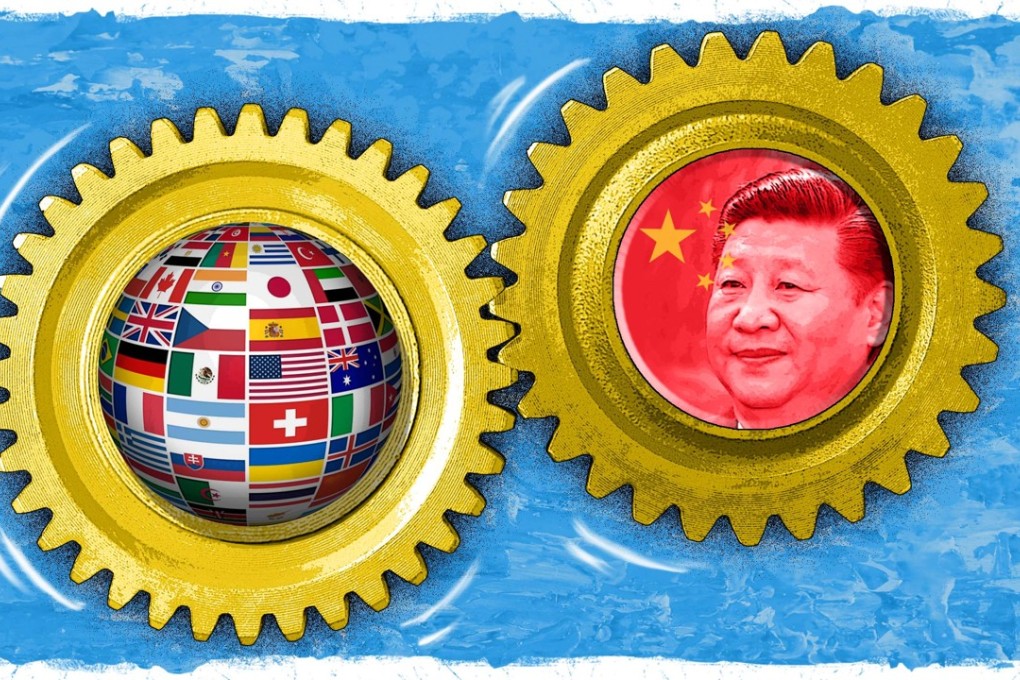End to term limits at the top may be start of global backlash for China, analysts say
Letting Xi Jinping stay on as president could boost the country’s offshore drives but also raise the stakes from one man’s bad decisions, they say

The proposed elimination of presidential term limits in China risks an international backlash over China’s strongman politics, but would help ensure the continuity of the country’s policies, diplomatic observers said.
The bold move would send a message that Xi and his initiatives were here to stay and cement China’s ambition to fill the global leadership vacuum left by US President Donald Trump, they said.
But observers also stressed that the next few years could be volatile for China and frictions over controversial moves such as the military build-up in the disputed South China Sea would remain.
If confirmed at the end of the annual National People’s Congress session next month, the removal of the remaining constitutional barrier on presidential term limits would open the door for President Xi Jinping to stay in power for as long as he liked, just like other authoritarian potentates, analysts said.